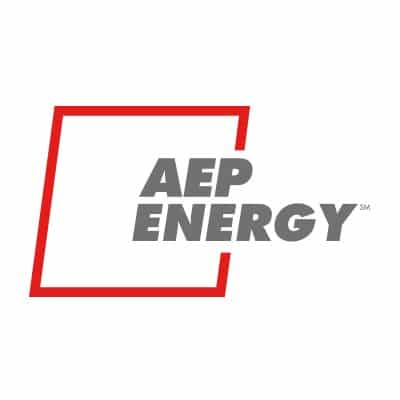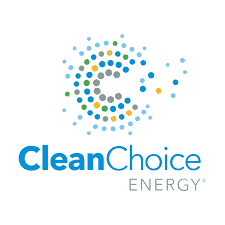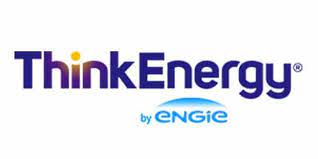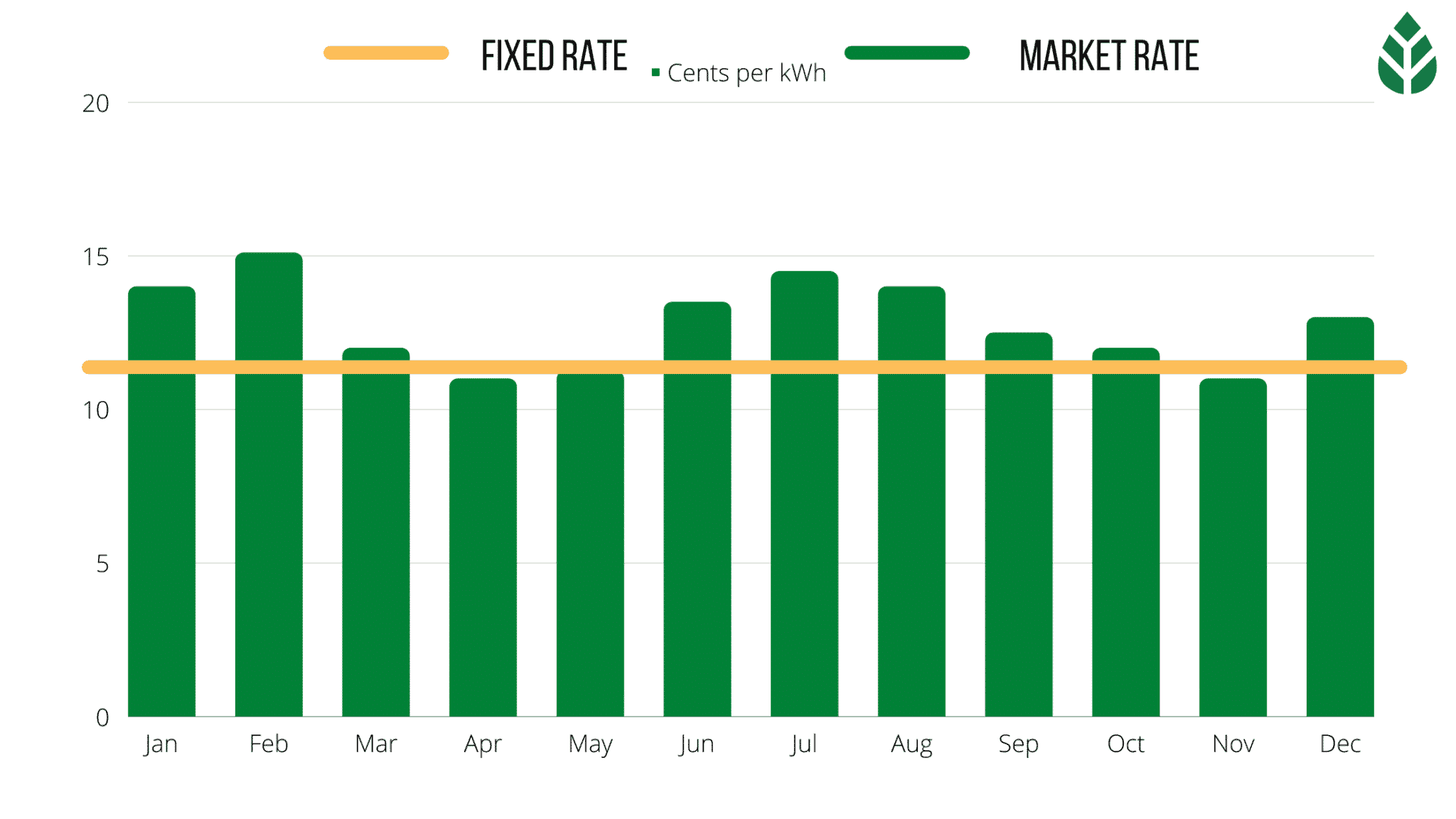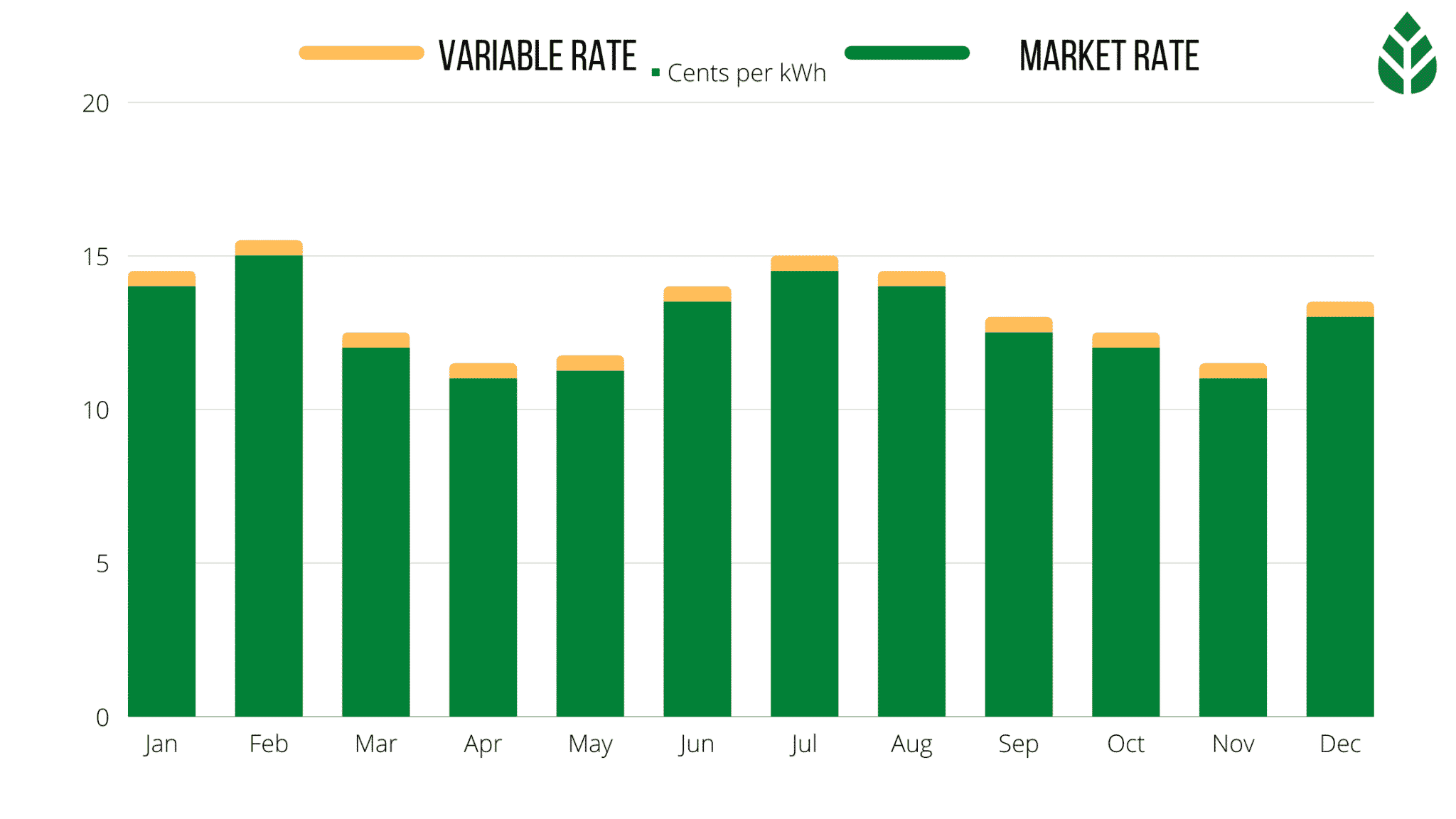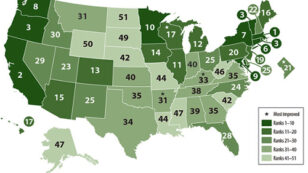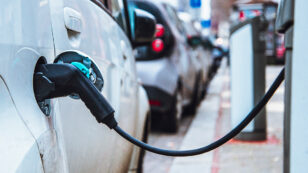 Culture
Culture
Compare Electricity Rates in Maryland (2023)
Here’s a quick overview of Maryland’s electricity rates:
Each product and or company featured here has been independently selected by the writer. You can learn more about our review methodology here. If you make a purchase using the links included, we may earn commission.
Before Maryland’s energy deregulation, public utility companies monopolized the production and distribution of electricity. This singular control held no competition among energy providers, so there was no incentive for electric utility companies to provide competitive prices, services or even improved energy efficiency options.
When the Electric Customer Choice and Competition Act of 1999 was approved by the Maryland General Assembly, Maryland residents were given the choice to choose the best rates for their electricity. Now that more electric companies entered the energy market, companies must compete for Maryland’s business and now offer better energy prices.
Now, Maryland homeowners and businesses alike must find the best local electricity provider for their energy needs, which is why our energy experts gathered information on the best power companies in Maryland.
Maryland Energy Rates
Maryland has a deregulated energy market, which means customers can choose which electricity supplier suits them best. Deregulation provides Maryland homeowners with more options, promotes competition among suppliers and even lowers energy prices. Maryland’s average cost of electricity is 14.31 cents per kWh, but different companies have rates ranging between 9.2 cents and 22.29 cents per kWh.
Most customers in Maryland are serviced by Baltimore Gas & Electric (BGE), but rates can be higher or lower if you’re serviced by a different Maryland utility — Choptank, Delmarva Power, Pepco, Potomac Edison or Southern Maryland Electric Cooperative (SMECO). Your energy rates will depend on your location, Maryland electric suppliers and your energy needs, so make sure to carefully research all your potential energy suppliers.
Get Connected to a Power Supplier in Maryland
Here at EcoWatch, we narrowed down the top clean-energy providers in the state. Start connecting with suppliers by using this tool or clicking the links below to compare prices and find the right plan for you.

AEP Energy
Pros
- Many years of experience
- Great industry reputation
Cons
- Charges contract cancellation fees
- No satisfaction guarantee
At slightly under the average price per kWh, AEP energy offers energy supply from either natural gas or 100% renewable wind energy. Both of these fixed 36-month plans help Maryland homeowners save money on their energy bills, but those who choose to go green with the renewable energy plan can save the equivalent of 7.2 metric tons of carbon dioxide.
AEP not only has a Better Business Bureau (BBB) rating of A+, but claims that 94% of its customers are satisfied with their experience once they make the switch. These data points should speak for AEP’s excellent customer care, but this company takes customer support several steps further with upfront plans, price protection and complete plan transparency.
If you are a Maryland resident who is looking for a new energy provider, then AEP will take care of the entire process. When you switch energy providers, AEP requires no new equipment, no interruption to your current energy service and will even contact your local utility company to make the switch as seamless as possible.
Facts and Figures: AEP Energy
| EcoWatch Rating |
|---|
| Better Business Bureau (BBB) Rating |
| Average Cost ($-$$$$$) |
| Solar Services |
| 4 |
| A+ |
| $$$ |
| 100% Renewable Energy Plans, Fixed-Rate Plans, Business Energy Plans |

CleanChoice Energy
Pros
- Low rates
- Low number of customer complaints
- Makes charitable contributions
- All plans use clean energy
- No early termination fees
Cons
- No prepaid or no-deposit plans
- No satisfaction guarantee
- Young company
- Low number of plans to choose from
CleanChoice Energy is a Certified B Corp company that lives and breathes its mission to fight climate change and supply the nation with clean, renewable energy. CleanChoice makes it easy for Maryland residents to utilize 100% renewable energy in their homes, all you have to do is get a quote and get started.
CleanChoice Energy may be more expensive than other 100% renewable energy choices, but its commitment to only delivering clean, renewable energy is worth the extra costs for many Maryland residents. Unlike other providers of “clean energy” that still use a majority of nuclear energy and natural gas, CleanChoice has strict energy standards and is 100% clean.
Some energy companies trick consumers into signing contracts with high termination fees, but CleanChoice Energy has no enrollment fees, no early termination fees and no cancellation fees. If you are ever unsatisfied with your energy service from CleanChoice, you can end your service with no repercussions.
Facts and Figures: CleanChoice Energy
| EcoWatch Rating |
|---|
| Better Business Bureau (BBB) Rating |
| Average Cost ($-$$$$$) |
| Solar Services |
| 4 |
| A+ |
| $$ |
| 100% Renewable Energy Plans, Fixed-Rate Plans, Variable-Rate Plans, Community Solar |

Think Energy
Pros
- Wide variety of contract term options
- Wide variety of plan options
Cons
- Charges contract cancellation fees
- No prepaid or no-deposit plans
- Slightly high number of complaints versus competitors
- No satisfaction guarantee
- Expensive
Think Energy offers fixed-rate contracts that ensure all customers have access to the most competitive electricity rates on the market. With prices around and below the average price of electricity in Maryland, Think Energy is a great choice for homeowners who want 100% renewable energy for a bargain of a price.
Part of the ENGIE group that services 70 counties and is on 5 continents around the world, Think Energy has a strong customer service team that is always ready to answer questions. ENGIE has operated for more than 175 years and is the largest and most stable energy provider in the energy industry, so you will not have to worry about the damaging backlash of financial hardship that some smaller businesses may experience.
Another key feature that sets Think Energy apart from other energy providers is its online education center. Think Energy has several online resources for homeowners to use to learn about energy efficiency, read energy bills and stay up to date on energy news.
Facts and Figures: Think Energy
| EcoWatch Rating |
|---|
| Better Business Bureau (BBB) Rating |
| Average Cost ($-$$$$$) |
| Solar Services |
| 4 |
| D |
| $$$$ |
| 100% Renewable Energy Plans, Fixed-Rate Plans, Business Energy Plans |
How Do Maryland Electricity Prices Compare Based On Provider Company?
Below, we show a breakdown of energy plans offered by producers regulated by the Maryland Public Service Commission. As an environmentally friendly website, we strongly encourage choosing a plan that pulls from 100% renewable energy, so we only include clean energy plans in our breakdown.
How Do You Find the Best Electricity Rates in Maryland?
It may seem straightforward to find the best energy rates in Maryland, but the process is a bit more complicated than simply selecting the energy plan with the lowest cost per kilowatt-hour. Your energy usage and contract length can affect how much you pay long-term and how beneficial the plan is for you and your home.
Your Energy Usage
First, you’ll want to consider how much energy you use, as many electric suppliers have tiered energy plans. Tiered plans charge a standard rate to customers who use an average amount of electricity, while those using less than average and those using more than average tend to pay more. If you use around the average amount of 973 kWh per month in Maryland, a tiered plan might be a good fit, but if you use much less or much more, a different option might be better and save you more in the long run.
You might also want to consider when you consume electricity most. Some energy suppliers offer time-of-use (TOU) electric plans, which means every customer gets charged the same amount for energy based on the time of day or night it’s consumed. If you find yourself using power more during off-peak hours, a TOU plan could save you money.
Your Contract Length
Your contract length is how long you’ll be locked into the plan, so it is worth your consideration. Maryland power plans have terms ranging from just one month to a few years, with longer plans generally bringing better rates and lower overall prices. But just because these plans offer lower energy prices does not mean they are right for every Maryland homeowner.
For instance, if you rent and do not plan to stay in your home for very long, it may not be best to commit to a 24 or 36-month contract even if the rates are at a better price. In this case, it may be better to sign a 12 or 6-month contract so that you don’t find yourself paying hefty cancellation fees. Some additional things to consider when comparing contract lengths include:
- Early-termination fees
- Cancellation fee
- Enrollment or sign-up fees generally reserved for shorter terms
- New-customer or introductory rates that will increase part way through your contract
If you are ready to find the best electricity provider for your home, check out our top Maryland energy companies below.
What Types of Electricity Plans Are Offered in Maryland?
Energy plans often include industry lingo that makes it hard for homeowners to choose the plan that best suits their energy needs. Below, we’ll explain the different plan types commonly offered in Maryland, which should help make your electric choice a bit easier.
Fixed-Rate Plans in Maryland
A fixed-rate plan is one that comes with a single rate per kWh for your entire contract term, so you always know exactly what you’ll be paying for each kilowatt hour. It’s important to note that this doesn’t fix your energy bill at a certain amount — just the rate per kWh, so your utility bills can still be higher or lower depending on your energy consumption.
Generally speaking, we recommend fixed-rate plans because they help you budget more accurately, and they let you avoid unexpected price hikes due to low electricity supply, high demand or times of crisis.
Keep in mind that some fixed-rate plans automatically turn into variable-rate plans when the contract term ends, so you might need to renew your contract every so often to make sure you are not being charged too much.
Fixed-Rate Plans Pros and Cons
| Pros of a Fixed-Rate Energy Plan | Cons of a Fixed-Rate Energy Plan |
| Guaranteed price per kWh helps you budget more accurately | Typically have early termination fees |
| Energy rates never go up as a result of a crisis or high demand | If energy rates drop, you won’t benefit from the savings |
Variable-Rate Plans in Maryland
Rather than provide customers with a fixed rate per kWh, variable-rate plans have per-kWh prices that change from month-to-month or even as often as day-to-day. The prices change based on local energy rates, which are determined in large part by supply and demand. You stand to pay less for electricity if local energy rates are below what the fixed rate would be, but you stand to pay more if demand is high.
Since 1990, the cost of electricity in Maryland has increased at a rate of about 2% each year.3 Much of this increase is due to the large jump that occurred in 2011 that bumped the cost per kWh up from its nearly steady 8 cents per kWh to the average of 14.31 cents that is seen today.
Ever since this massive increase, the price of Maryland electricity has stayed relatively consistent but does experience moderate fluctuation. Variable-rate plans are a bit of a gamble but can be worth it if you know what you have gotten yourself into.
Variable-Rate Plans Pros and Cons
| Pros of a Variable-Rate Energy Plan | Cons of a Variable-Rate Energy Plan |
| Low local energy prices could mean savings for you | High demand or times of crisis could lead to elevated prices |
| Most don’t have an early termination fee and are month-to-month instead of a fixed term such as one year | The average variable rate over a month could end up costing you more than a fixed-rate plan |
No-Deposit and Prepaid Energy Plans
Many energy plans require sign-up fees or deposits to protect the electric company in case of customer non-payment. No-deposit energy plans are an option for those looking to avoid these fees, although it normally requires that you pass a credit check before being accepted.
Alternatively, you can choose a prepaid energy plan, which allows you to put money into your account and then receive service until the total is expended. These plans typically have no sign-up fees, but you must remember to add funds to your account regularly. If you forget, you might lose service.
| Pros of a Prepaid Energy Plan | Cons of a Prepaid Energy Plan |
| No sign-up costs | You might lose power if you forget to add money to your account |
| No unexpected bills | Many prepaid plans have slightly higher per-kWh prices |
| No contracts or early termination fees |
Green Energy Plans
Green energy plans are what we always recommend because it guarantees the electricity you use is coming from renewable energy sources or is offset by clean energy production, such as what is used in Think Energy and CleanChoice Energy. In many cases, green energy plans have per-kWh prices that are competitive with other plans despite not using coal and natural gas for energy production, so you can potentially save money while promoting renewable energy and doing right by the environment.
Maryland has a Renewable Portfolio Standard (RPS) that calls for 50% of the state’s energy production to come from renewable energy sources by 2030.4 It’s likely that in order to reach this goal green energy plans will be incentivized and might become even more affordable than they already are.
| Pros of a Green Energy Plan | Cons of a Green Energy Plan |
| Significantly better for the environment | Between 1 and 2 cents more per kWh in some cases |
| Allows you to support clean energy without the cost of installing solar | Not as many plans available as those that use fossil fuels |
Business Energy Plans
Finally, business energy plans are designed for commercial, industrial and government consumers. These plans are created with a higher consumption level in mind, as its meant to serve office buildings, churches, local government headquarters and more. For that reason, the average cost per kWh is much lower than the average residential energy price.1
The Maryland Energy Administration has a goal of generating 20% of the state’s business energy usage from clean energy resources by the end of 2022,5 so there are several energy efficiency loans and clean energy grants available for businesses that want to switch to more sustainable energy.
Not all power companies offer business plans, so you might need to do a dedicated business energy plan search to find options available to you.
| Pros of Business Energy Plans | Cons of Business Energy Plans |
| Lower cost per kWh because it factors in more monthly energy use | Only available for commercial, industrial or government entities |
| Energy efficiency loans, clean energy grants and other energy aids available | Not all energy and gas suppliers offer grants and clean energy loans |
What Should You Look For When Choosing an Electricity Provider In Maryland?
Regardless of if you are moving to Maryland or are unhappy with your current energy company and looking for a new provider, there are certainly some factors you should keep in mind as you conduct your research.
Picking Energy Providers As A New Maryland Resident
As a new resident, you may be tempted to go with whichever provider is most commonly used in your neighborhood. While researching who your neighbors use for their energy source is a great place to start, it may not lead to the best electricity rates. Before you commit to an electric supplier solely based on electricity rates, consider these three important factors:
- Company history: The best energy companies in Maryland have a positive record of delivering quality energy services in your neighborhood. Talk to representatives and neighbors or research the company to learn as much as you can about how it serves Maryland consumers.
- Customer reviews: The best way to quickly learn about a company is to sift through customer reviews in your area. Look at both positive and negative customer reviews for any trends in what consumers have experienced.
- Where the energy comes from: Unless a company advertises 100% renewable energy plans from solar or wind energy, it likely only offers natural gas. If you want to utilize a more sustainable energy source, look for local utility companies that offer various energy plans.
Selecting an Energy Provider If You Are Switching Providers in Maryland
Your energy choice should be based on your energy needs, so if your current energy provider has not lived up to your expectations, you have too many power outages or if you feel as though you are paying too much, then it is within your rights to find a new company. As you research other energy options, look specifically for how each company rates in the following categories:
- Energy sources: If you want to switch electricity providers, consider a company that uses renewable energy to either supplement or supply its electricity. Not only is this good for the environment, but these companies often offer competitive energy prices.
- Electricity rates: If you decided to switch energy companies due to high electricity rates, then check your potential new supplier for its rates. You can compare the energy rates from several companies to find the best deal in your area. Keep in mind that rates may change after your energy contract is up, so make sure to read the fine print. Cheaper electricity rates can be achieved but comparing provider will be needed.
- Types of energy plans offered: Not all companies offer variable, fixed and green energy plans. If you have a specific energy plan in mind, look for a local utility company that offers what you are looking for.
Who Offers Green Energy Plans?
Thanks to deregulation, homeowners in Maryland have energy choice and can choose from plenty of options when it comes to green electric and gas suppliers. In a 100% green energy plan or 100% renewable energy plan, all of your electricity comes from renewable sources instead of CO2-producing natural gas. Below are some of our top-rated companies in the Maryland area, including a list of each company’s strengths.
Think Energy: Outstanding Regional Provider
- Relatively low prices
- Numerous contract terms available
- Positive customer reviews
- Clean energy plans available
| Plan Name | Contract Length | Average Rate |
| Think Energy Think Clean 12 100% Renewable | 12 | 14.9 cents |
| Think Energy Think Clean 18 100% Renewable | 18 | 14.7 cents |
| Think Energy Think Clean 24 100% Renewable | 24 | 14.1 cents |
AEP Energy: Great Regional Provider
- Clean energy plans available
- Large footprint in Maryland
- Fixed-rate plans
- Experienced
| Plan Name | Contract Length | Average Rate |
| AEP Energy 36-Month Fixed Residential Plan | 36 months | 13.55 cents |
| AEP Renewable 36-Month Fixed Price | 36 months | 13.89 cents |
CleanChoice Energy: Great Regional Provider
- Clean energy plans available
- No cancellation fees
- Great customer reviews
- A+ rating with the BBB
- Fixed-rate plans available
| Plan Name | Contract Length | Average Rate |
| CleanChoice Energy 100% Wind and Solar | 12 | 17.3 cents |
Clearview Energy: Great Renewable Energy Choice
- Positive online reviews
- Clean energy plans available
- Fixed-rate plans available
- Numerous contract terms available
| Plan Name | Contract Length | Average Rate |
| Clearview Energy SaveTheRate6 | 6 | 12.99 cents |
| Clearview Energy ClearGreenGuarantee12 | 12 | 14.49 cents |
| Clearview Energy GreenGuarantee12Plus | 12 | 13.49 cents |
| Clearview Energy SaveTheRate12 | 12 | 13.19 cents |
EcoWatch Methodology on Energy Providers in Maryland:
At Ecowatch we take a sustainable approach to our best lists. We selected the best energy providers in MD by examining a variety of different components of the energy providers business. We considered their renewable options or green plans as the most weighted component of our scoring. We looked at how many different types of plans were available, how many years of experience the companies had, what terms and contracts looked like at each company. Lastly, we took a look at the providers track record when it came to delivering the service and customer service. We examined BBB ratings, looked into B Corp certifications, and found out if they offered competitive and fair pricing. All of these factors helped us decide which companies to recommend and which superlative to award!
FAQ: Maryland Electricity Plans
At EcoWatch, we get questions regularly about navigating the wide range of suppliers and how to choose the best one. Below, we’ll answer some of the questions we see most often.
Four Maryland electric suppliers offer renewable energy plans that tie for the most affordable: Eligo Energy, American Power & Gas of MD, AEP Energy and Clearview Energy. These Maryland companies all offer clean energy near the state average of 14.31 cents.
There is no universal answer to this question that will apply to every homeowner, as everyone’s needs and expectations for service are different. For example, one company that offers great variable-rate plans might not appeal at all to a customer looking for fixed-rate plans. That being said, Think Energy is one of our top-rated Maryland energy companies. It has affordable renewable energy, great customer reviews and provides a wide range of contract terms and pricing plans.
The average monthly electric bill in Maryland is $127.62, according to the most recent data available from the U.S. Energy Information Administration. This average is based on the average per-kWh rate of 14.31 cents and an average consumption of 973 kWh per month.
Since energy is deregulated in Maryland, one of the best ways to lower your electric bill is to shop around for a potential new supplier with the best per-kWh rates. You have your choice of many energy suppliers with different rates, terms and contract types available, and you can use this tool to help you select the best one for your needs.
In addition to lowering your rate by shopping around for your energy plan, you can make your home more energy-efficient by replacing insulation, windows and doors, installing energy-efficient light bulbs throughout your home and installing a smart thermostat to help manage your heating and cooling equipment more efficiently. You can also check out our guide to limiting electricity usage for more tips and tricks to lower your energy bills.
The answer to this question will be different for every customer, as there are many individual factors that go into choosing one. Ideally, you should consider your monthly energy usage, whether you want the security of a fixed rate or the potential savings of a variable rate, the contract term you’re comfortable with and more. If you need help choosing the plan that’s right for you, you can check out plans from Think Energy, AEP Energy, CleanChoice Energy and Clearview Energy to get started.
Related articles
 Culture
Culture

 233k
233k  41k
41k  Subscribe
Subscribe 
